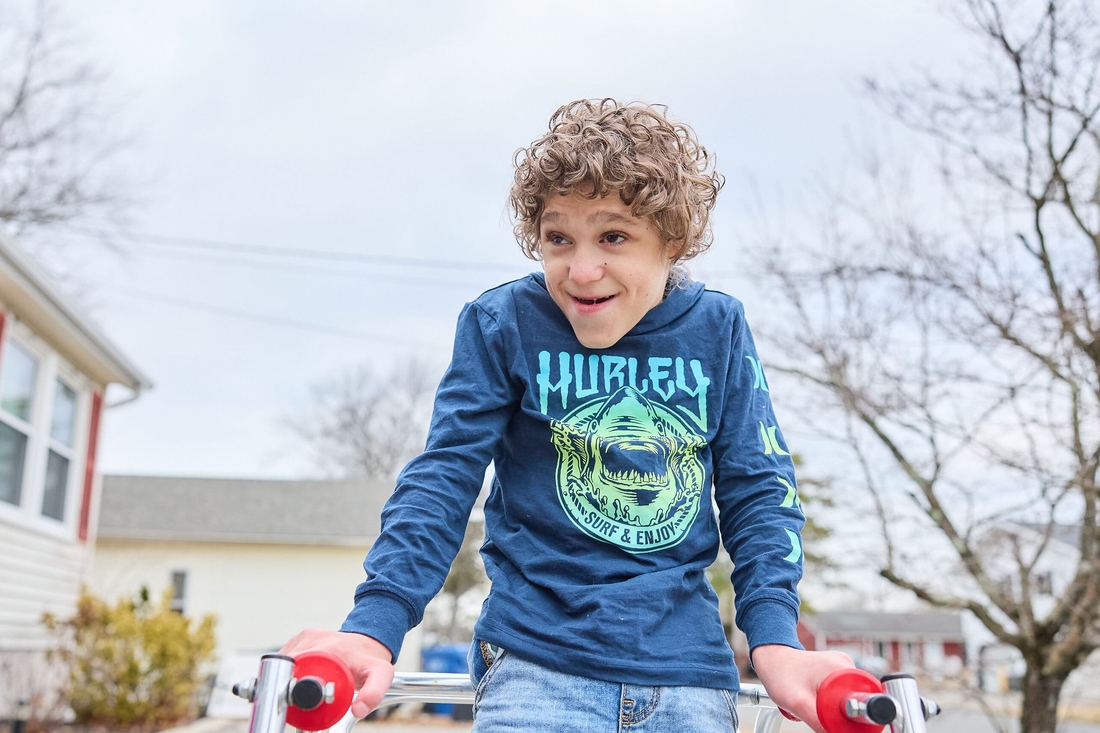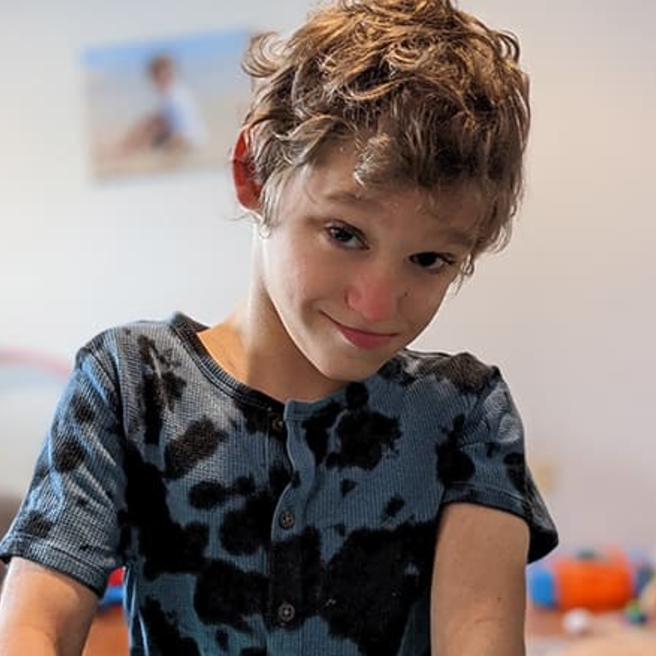Movement Disorders Program

When a child is diagnosed with a disorder that impacts the way they move and control their body, it can be hard to cope with the uncertainty of their future and manage their health needs. We are here for you. Our team of experts in the Movement Disorders Program at Children's Hospital of Philadelphia (CHOP) offers answers and advanced treatment options. We are one of the few dedicated pediatric movement disorders programs in the country. Our team members have special training and a rare depth of experience in the management of these complex disorders. We collaborate to provide the best care to your child and support for you and your family. Ours is one of many elite teams within CHOP's Neuroscience Center.
How we serve you
The Movement Disorders Program provides complete care for children and teenagers who have conditions that affect the way they move and control their bodies. Our team members have a lot of experience managing these complex disorders. We work together to give the best care to your child and your family.
Conditions we treat
If your child has been diagnosed with or has symptoms of a movement disorder, we are here to help. We treat the full range of conditions.

Why choose CHOP's Movement Disorders Program
The Movement Disorders Program cares for children with conditions that impact the way they move and control their body. Our team has extensive experience with these complex disorders and collaborates to provide the best care.

Meet your team
At CHOP, you have access to one of the largest teams dedicated to caring for movement disorders. Our team has a high level of understanding of these complex conditions.
Your donation changes lives
A gift of any size helps us make lifesaving breakthroughs for children everywhere.

